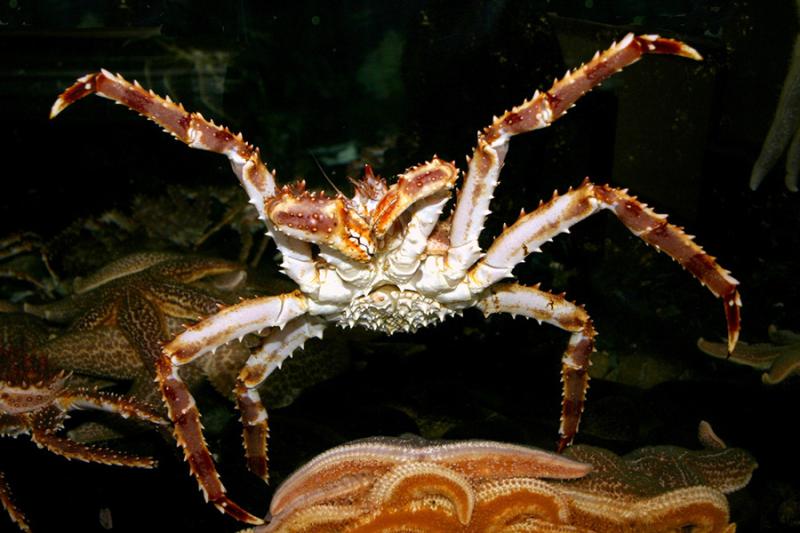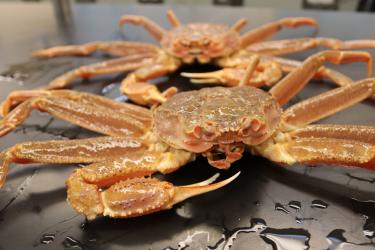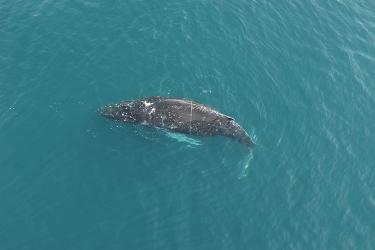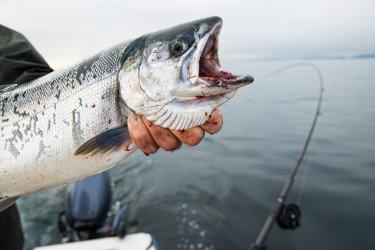NOAA Fisheries—in close coordination with federal and state partners—is responsible for fostering healthy, productive, and sustainable marine fisheries. Our management process is based on science and conducted according to a process outlined in the Magnuson-Stevens Act. All of our stock assessments are subject to a public, transparent, rigorous, peer-review process.
Our best available science indicates that the crash of the Bering Sea snow crab stock leading to the fishery closure was related to the 2019 heat wave in the North Pacific. That heat wave as well as earlier heat waves have been attributed to climate change.
The Alaska Department of Fish and Game and NOAA Fisheries work together to produce the Bristol Bay red king crab stock assessment in accordance with the co-management agreement outlined in the North Pacific Fishery Management Council’s Bering Sea/Aleutian Islands Crab Fishery Management Plan.
The red king crab closure in Bristol Bay was related to a continued decline in that stock for many years. The cause of that decline is likely due to a combination of factors and related to continued warming and variability in ocean conditions in Alaska.
Climate change will continue to present challenges to our understanding of marine ecosystems in Alaska and elsewhere but we have a robust management system that will allow us to adapt.



